Let’s go through seven aspects of why stopping cheating, also known as gaming, on the Helium Network is so damn difficult. I know, I know, you just want an answer or *someone* to do *something*.
First, and let me be very clear: A group of talented people, both volunteer and paid, are working on combatting cheating and they’ve made tremendous progress from the early days. They acknowledge they ain’t where they want to be in terms of controlling it, but contrary to popular belief, a fair amount of work has been and will continue to be done on keeping cheating to minimum levels.
Still, when you’re trying to secure an enormous decentralized permissionless network against sophisticated and motivated criminals, it ain’t an easy game. Look at this way: Modern society hasn’t succeeded in stopping crime; why should it be any different in a subsection of society, particularly one that’s very new?
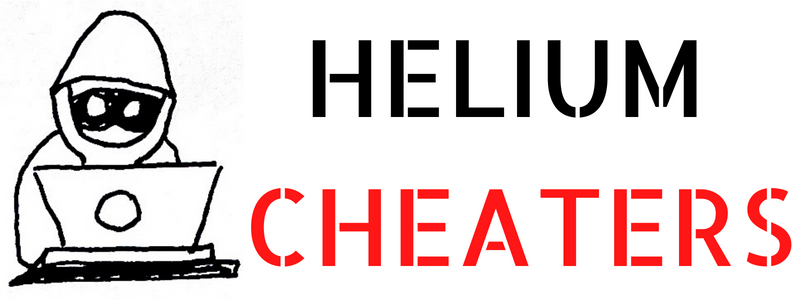
Let’s go through the hurdles to stopping gaming along with what you can and can’t do, what is being done, then talk about where your time as a member of the Helium network is probably most profitably spent.
First, RF is weird. RF stands for Radio Frequency, and the “RF is weird” saying is common in radio expert circles. Using RF to determine a Hotspot’s location is one of the fundamental principles of Helium. Unfortunately, the way Helium is using RF to prove location is not conducive to knowing where any given Hotspot is if someone is trying to cheat.
In a lab, RF is predictable; radio waves travel at the speed of light and take “X” amount of time to get from a known distance between point A and point B. In the real world, they bounce of buildings and trees and planes, get stopped by mountains, refract off of water, and behave in ways that, while generally predictable, are not individually predictable.
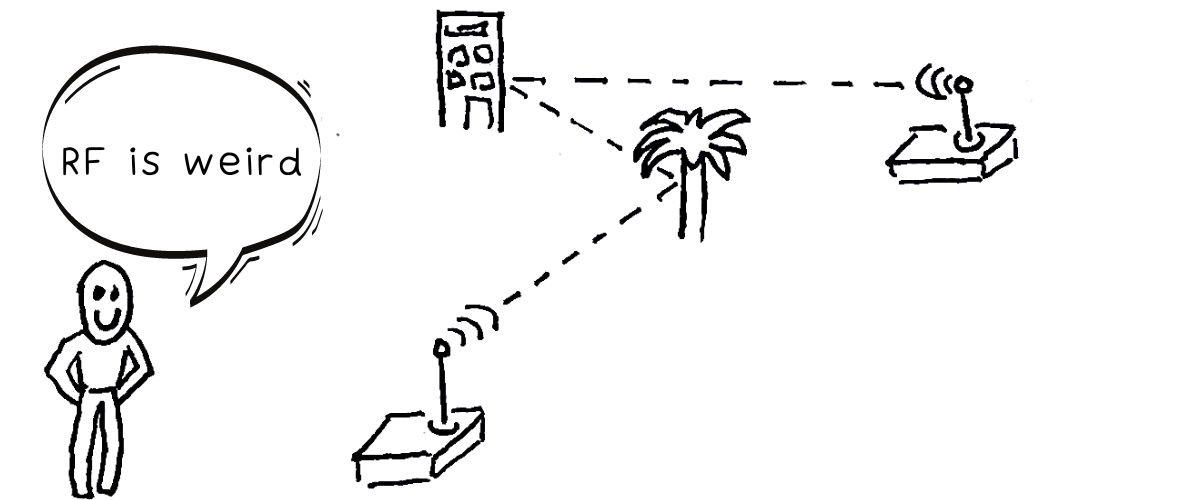
Don’t believe me? Talk to any HAM radio enthusiast who’ll tell you that one day you’ll talk to South Africa and the next you can’t get out of your city. With the fundamental method of “proving” whether or not a real world signal is legitimate so fuzzy, it’s difficult to apply a clean set of rules that give a “cheat/no cheat” label to any given signal set.
Second, GPS is incredibly easy to spoof. Pokemon proved that, and Helium is no exception.
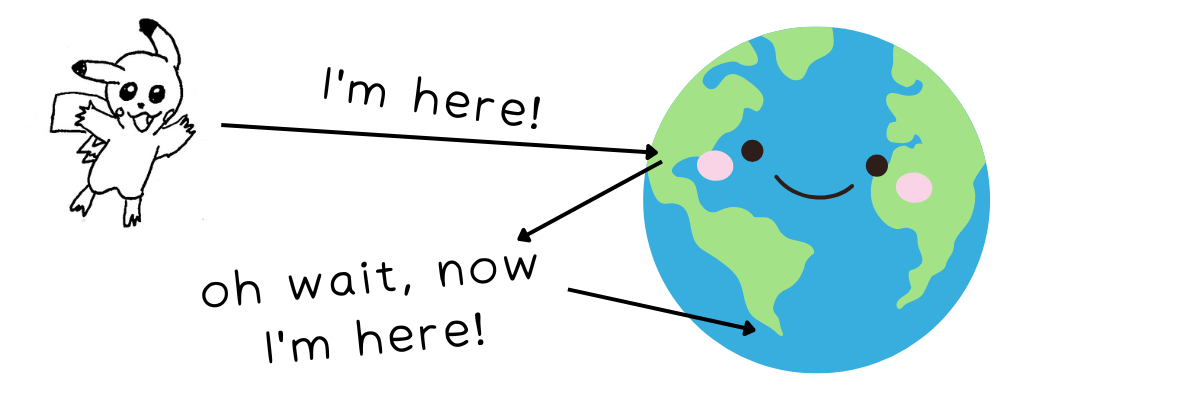
That means you can set up a bunch of hotspots in a basement in Boston and it’ll take a few hours on the internet and about $40 to make them seem like they’re set up in a beautiful layout in the mountains halfway around the world. Yes, sophisticated anti-gaming algorithms can beat that, but not every time, and…
Third, no one wants to see a “good” hotspot get roped in with a bunch of bad ones. Sure, the PoC SWG (Proof of Coverage Security Working Group, the group generally in charge of anti-gaming) could cast a fine net that caught, say, 90% of the cheating hotspots, but if it also accidentally scoops up 10% of the good hotspots, that’s not acceptable.
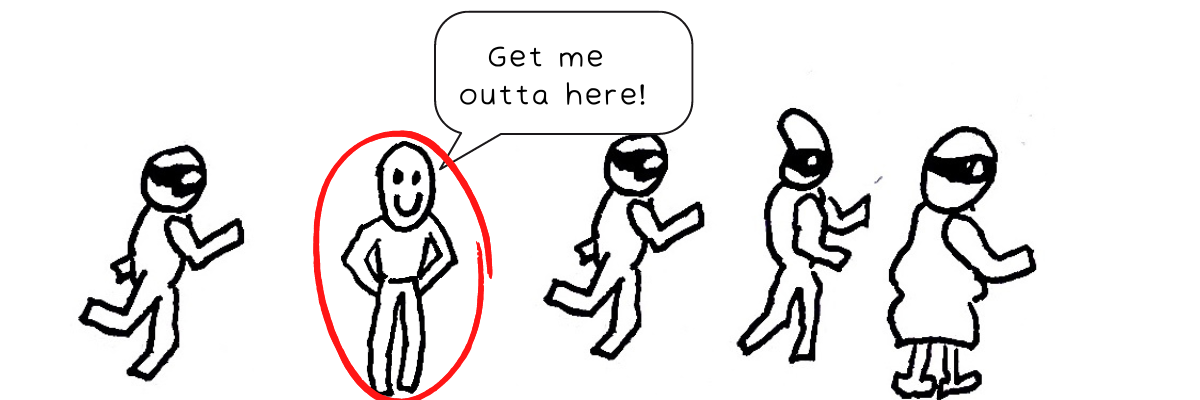
That brings us to the fourth reason cheating is hard to stop: The network is decentralized. The whole point is that the network itself is the protection; ideally there isn’t a need for an “anti-cheating police force” the way we have in traditional government. I know you want someone to go kick in the doors of Bent Pastel Porpoise (which has been on the denylist over 50 times) and confiscate all those stolen HNT, but…who does that? The Helium Police Force? Do they fly to China and lodge a protest? What if they’re wrong, and BPP is actually a Xiangyang farmer just making a few extra HNT on the side?
This brings up a few important points: What if there WAS an entity in the Helium ecosystem that could take HNT out of your wallet if they thought you’d stolen it? That’s anathema to all of crypto; what’s in your wallet is incontrovertibly yours. Who should judge that? If it’s just a pig-pile method of voting, what stops a few whales using their voting power to say that your HNT isn’t yours? What happens to the recovered HNT?
It gets tricky fast, and the only reasonable way to judge right now is to err on the side of people who are *probably* doing the right thing, even though that probability provides cover for an awful lot of cheaters.
Let’s get into some better news, now that you see a few of the (very difficult) obstacles to stopping all cheating.
Fifth, there actually IS a group taking on the monumental task of programming the network itself, and not just you or your buddy or any self-appointed Helium police, to make cheating not worth it. They work under the acronym PoCSWG, mentioned above. In general they remain out of the limelight, although they will bring forth cases against apparent institutional gaming to be heard by the MCC (Manufacturer’s Compliance Committee). Full disclosure (and no surprise to those of you who’ve watched the MCC calls), I sit on the MCC as a Community representative (vs an RF or security expert, which I’m not). If you’d like to learn more about the MCC, their charter is here.
The PoCSWG is made up of experts from the world of RF, security, machine learning, programming, mathematics, AI, and manufacturing. If you’d like to join, jump into Helium’s Discord and look for the #poc-discussion channel. Read through the past week’s posts and see if you think you can help. If you do, apply here. The PoCSWG works together to develop ways of combatting gaming on the Helium network, and while they’re not perfect, so far they’ve done pretty well. That brings us to the next thing:
Sixth, quite a few gamers actually HAVE been stopped. Now, having friends and clients who have pointed me to “cheating” hotspots that seem to pretty clearly cheating and still getting away with it, I know that not all cheaters have been stopped; not by a long shot.
I asked Dave Akers over at Helium Analytics to run the stats on how many gaming hotspots there are and how much they’ve earned. He suggested we use the denylist as our standard for “gaming hotspots”, so this doesn’t include all cheaters, but it probably gets most of ’em.
Here’s a quick table for ya. Gamed Rewards are the rewards that went to Hotspots on the denylist. Hotspot Rewards represent HNT that went to Hotspots NOT on the denylist. Denylist Reward Portion is that percentage of Hotspot rewards that went to the denylist. Network Rewards is all HNT that was emitted to all actors; Hotspots, Validators, and the HST to investors.
[ninja_tables id=“5932”]Takeaways?
First, about 10% of all Hotspots (just over 100k) are currently on the denylist and not allowed to earn by either receiving challenges or witnessing a beacon.
Second, in 2022 so far (Oct 23rd), about 2 million HNT was earned by Hotspots on the denylist. Yes, that’s a problem. No one is denying gaming isn’t an important issue. While it is a lot, it’s only about 10% of all HNT emitted during that period.
Now, those of you who’ve been strident about letting me know that gaming is a much bigger problem and may comprise up to 50% of the network…show me the stats. As far as I know, there isn’t a way to see not-yet-caught cheater rewards. If there were, we’d probably be able to stop them.
I’m going to GUESS that less than another 10% is going to as-yet-uncaught cheaters, which would mean, again, as a GUESS, less than 20% of all rewards are going to cheaters. Yes, that’s a problem. No, it’s not 50%. Yes, people are working super hard on this to bring it down to acceptable levels.
Compared to estimates on global crime as a percentage of GDP, we’re behind, by a lot. Still, it’s reasonable to believe that the PoCSWG and other entities will bring cheating down to more normal levels within a year.
The seventh aspect is what YOU can do to help stop cheating on the Helium network. You can report suspected gamers to Crowdspot.io. Crowdspot isn’t a perfect fix. What it does is surface up apparently bad behavior so folks from the PoCSWG can find potential bad actors faster. Just reporting a gaming cluster doesn’t mean they’ll be shut down by the end of the week (or even in 6 months), it just makes it easier to identify who might be potentially bad. Remember, if it was just a voting system, a whale could just vote against YOU and there’d be nothing you can do about that.
Other ways you can help including digging into the stats to see if you can figure out better ways to spot and prove cheating, or volunteer your efforts for the PoCSWG.
The most exciting news out of all of this (for me) has nothing to do with cheating, and everything to do with a network worth trying to cheat. We have built something amazing here, a globally useful decentralized network. It is so amazing and valuable that actual crooks are trying to cheat it. While it’s bloody frustrating, it’s also the sign of a very healthy network. After all, no one steals from a beggar.
With that in mind, if you’ve been frustrated by cheating, know two things: First, a group of people are working on your behalf to minimize the damage cheaters are causing, and they’re more or less succeeding. Second, even if all cheaters on the network were stopped TODAY it would have a minimal impact to your earnings compared to what you could do if you actually built a business using the network.
The time for crushing on PoC and data rewards is gone. The absolutely most profitable thing you can do right now is not the focus on what is wrong, but on how you can build something on the network. THAT is where the largest opportunity lies, and where I strongly recommend you put your ablest effort.
To your success in Helium!

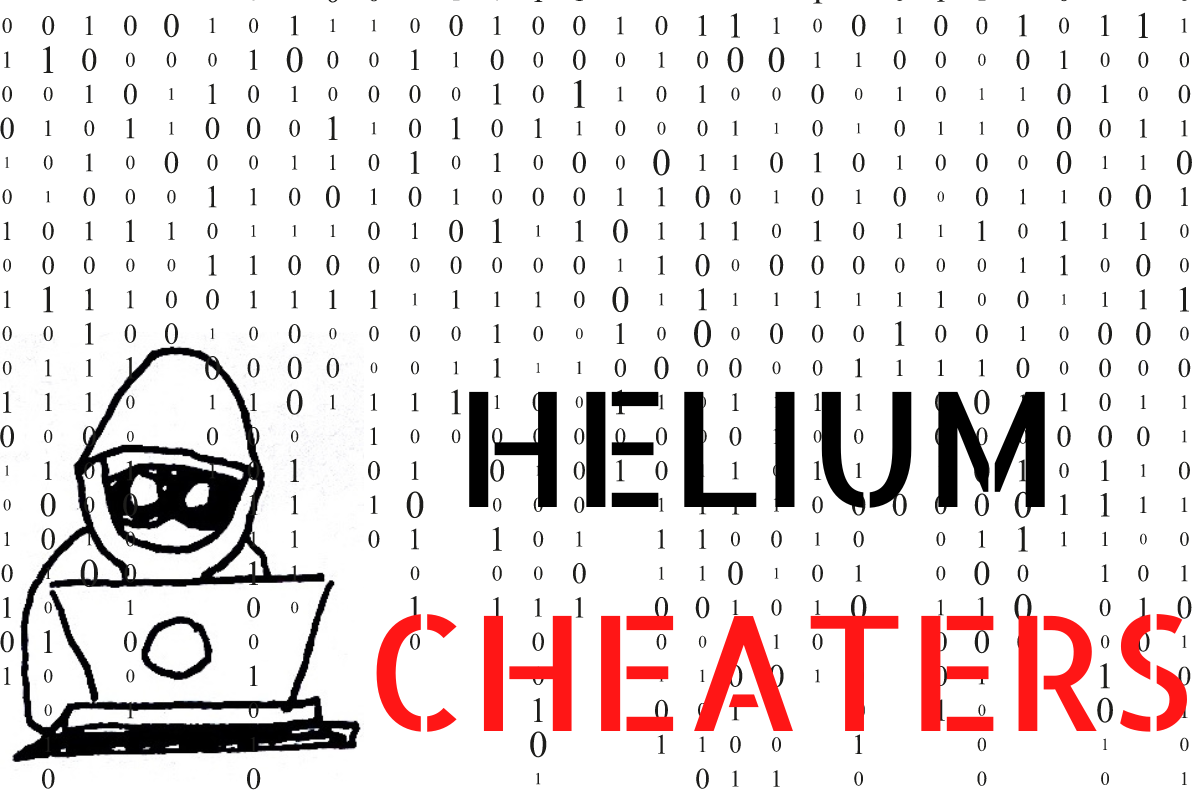
Leave a Reply